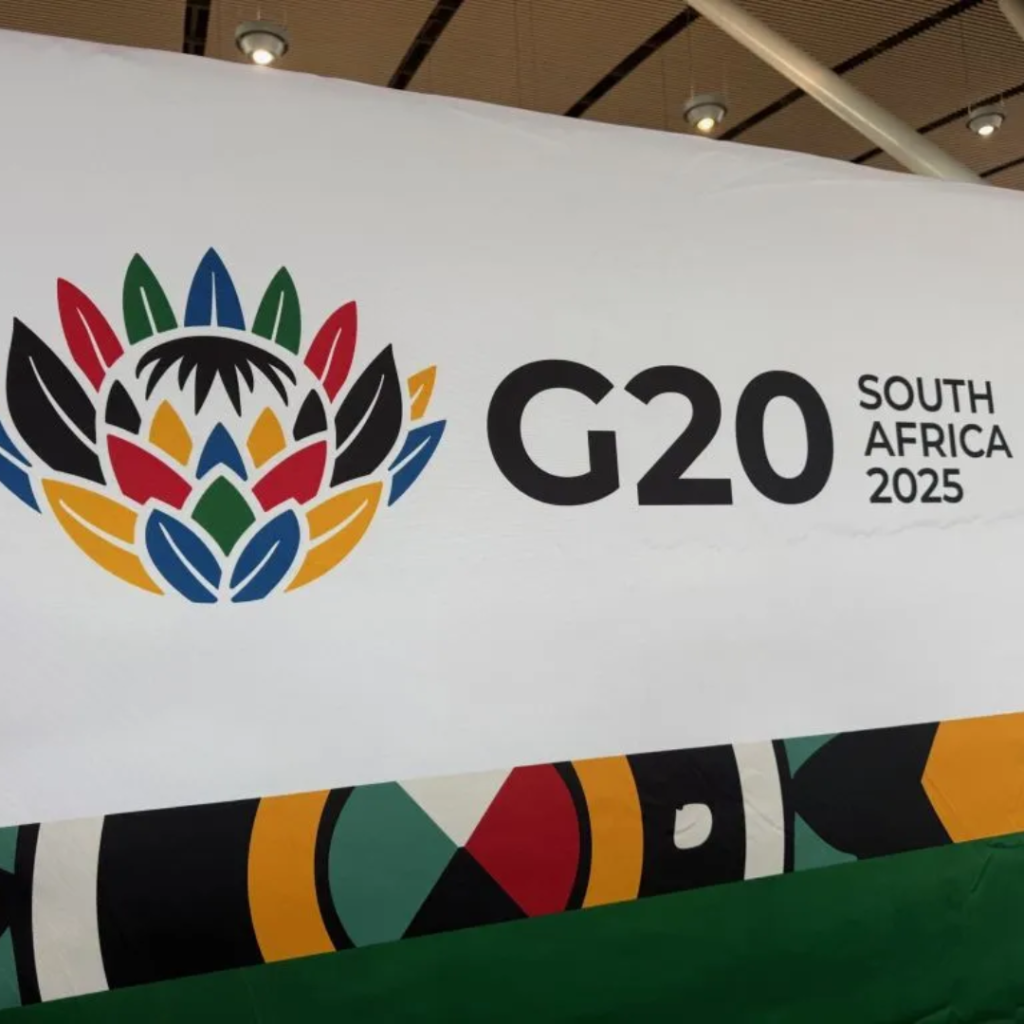Information
The G20 foreign ministers are gathering in South Africa for a two-day meeting to discuss pressing global issues such as the Middle East and Ukraine. Representatives from the Global South, including Brazil, India, and South Africa, aim to address reforms to international institutions, climate change, and equitable economic development. Notable attendees include Chinese Foreign Minister Wang Li, Russia’s Sergey Lavrov, India’s Subrahmanyam Jaishankar, the UK’s David Lammy, and France’s Jean-Noel Barrot. However, Germany’s Annalena Baerbock will not attend, and the big news is the boycott by US Secretary of State Marco Rubio.
Marco Rubio’s boycott stems from diplomatic tensions over South Africa’s land restitution law, which the US has labelled as land “confiscation” and unfair to whites. Rubio criticized Pretoria’s “anti-American” agenda and rejected the previously agreed agenda of “diversity, equity, and inclusion.” The US is also displeased with South Africa’s legal actions against Israel at the International Court of Justice over its war against Hamas in Gaza. This boycott highlights a growing rift between the US and Europe, with ongoing geopolitical upheaval and a realignment of US foreign policy under President Trump. Rubio’s absence may allow other nations, particularly China, to seek greater influence in the G20.
Source: AFP, dpa
So what
The US has made its position clear with South Africa, and as such, it is likely that China will use this opportunity to be seen as the key global superpower. It appears that the US is willing to accept that it is going to lose a significant amount of influence globally but will save some money on foreign aid. While the trade-off is understandable, the ruthless approach the new government has taken will possibly leave a sour taste in a lot of countries’ mouths. Due to this, it is likely that if/when the US want to reenter the international stage, it will be a significant challenge to build trust again.
Follow us to join the intelligence community!

